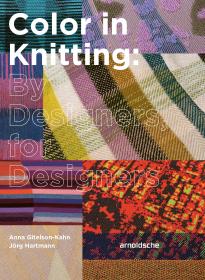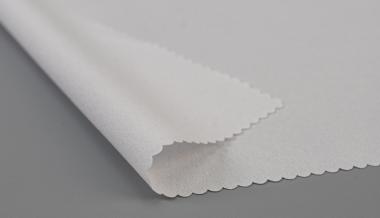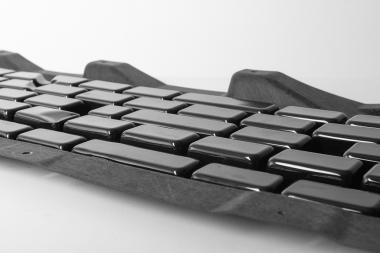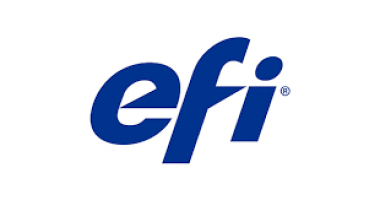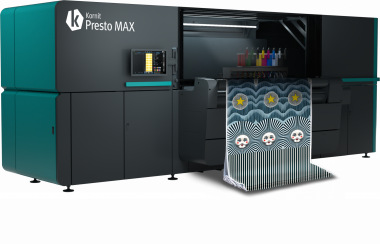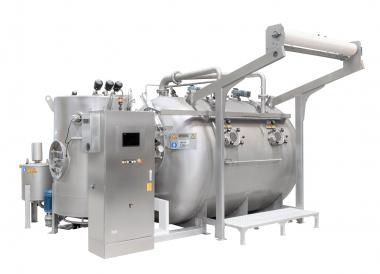Amanda Rajkumar to step down from adidas Executive Board
Amanda Rajkumar [51], Executive Board member and Labor Director of adidas AG, responsible for Global Human Resources, People and Culture, has informed adidas AG’s Supervisory Board that she will not extend her Executive Board mandate beyond December 31, 2023. The Supervisory Board has accepted her decision and agreed on the termination of her appointment as an Executive Board member effective July 15, 2023.
With 28 years of human resources experience in global organizations, Amanda Rajkumar joined the adidas board as Head of Global Human Resources, People and Culture at the beginning of 2021. At adidas, she devised and implemented a People strategy aimed at efficiently harmonizing and unifying employee experience across the company and establishing adidas as a global values-led organization.
Michelle Robertson, SVP Workplaces & Global Functions at adidas, will assume responsibility for Global Human Resources, People and Culture on an interim basis, reporting to adidas CEO Bjørn Gulden.
adidas AG










